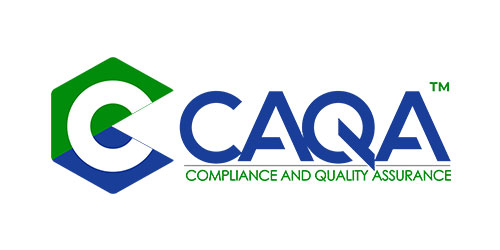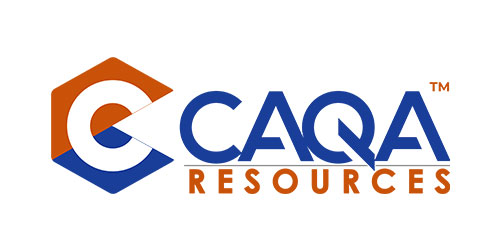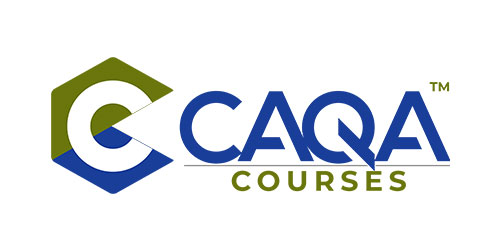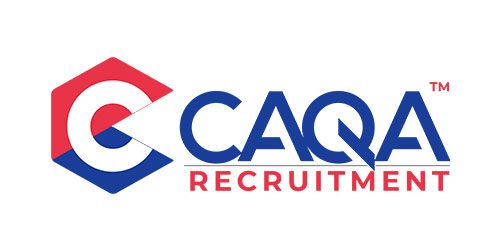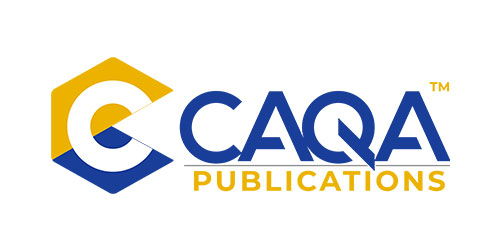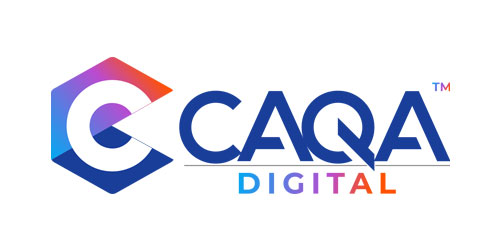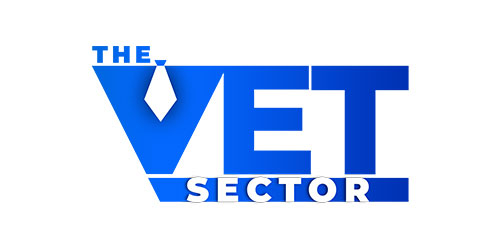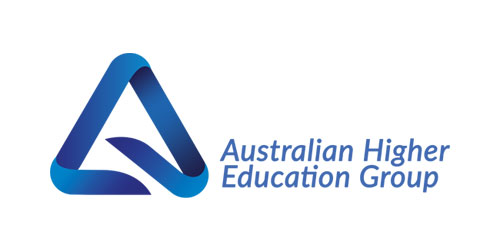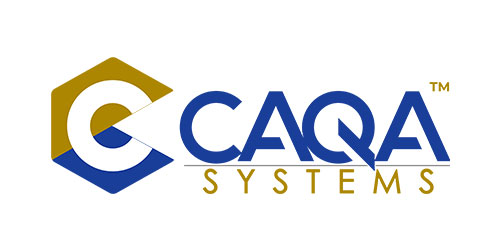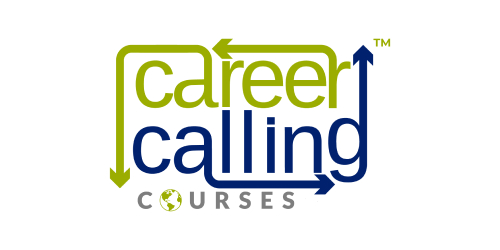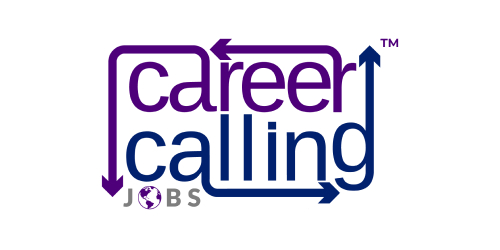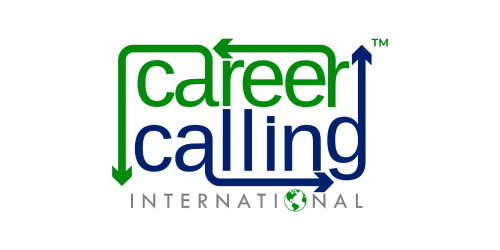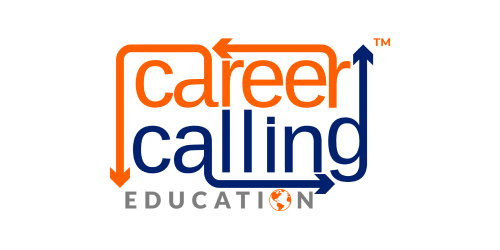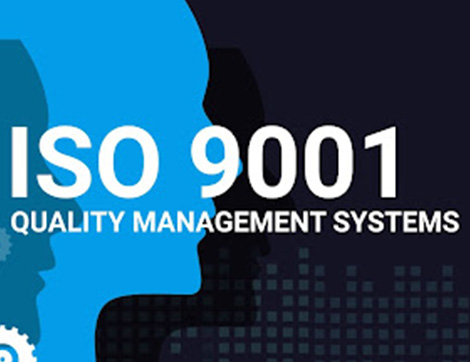
News
The Australian Skills Quality Authority (ASQA) is the national regulator for the vocational education and training (VET) sector. ASQA is responsible for ensuring that all VET providers in Australia meet the Standards for Registered Training Organisations (RTOs).
However, ASQA does not follow an international ISO audit and administration model, which could lead to problems with the quality of training provided by RTOs.
There are several disadvantages associated with ASQA not following an international ISO audit and administration model.
Some of the disadvantages of ASQA not following an international ISO audit and administration model include:
There is no guarantee that ASQA will identify all non-compliant RTOs. the entire auditing system is person-centred rather than system-centred. The same document can be made non-compliant by the same auditor just in a period of two months at another training organisation.
ASQA’s audit and administration procedures may not be as rigorous as those of other international regulators.
ASQA may not have the resources to effectively monitor all RTOs in Australia.
The lack of an international ISO audit and administration model could lead to problems with the recognition of Australian qualifications overseas. It is also difficult to compare the quality of services provided by different countries when they each have their own unique set of standards. This can make it difficult for businesses to know if they are getting the best possible service when they choose to work with an ASQA-registered organisation.
ASQA’s focus on compliance may result in it missing important quality issues that could impact on the delivery of training.
ASQA’s complaints handling procedures may not be as effective as those of other international regulators.
ASQA’s enforcement powers are limited compared to those of other international regulators.
ASQA’s structure and governance arrangements are complex and could be improved.
ASQA use consultants to audit RTOs who can work with the same organisation, after just a few months, questioning its impartiality and framework.
There is a lack of transparency around ASQA’s decision-making processes.
The lack of standardisation can also lead to inconsistencies in the way that ASQA-registered organisations are run, which can impact negatively on the quality of services provided
Finally, it can be more expensive to comply with multiple sets of standards than just one, which may impact on the affordability of ASQA registration for some organisations.
While ASQA is the national regulator for the VET sector, it does not follow an international ISO audit and administration model. This could lead to problems with the quality of training provided by RTOs in Australia.
 1800 961 980
1800 961 980 info@careercalling.com.au
info@careercalling.com.au












